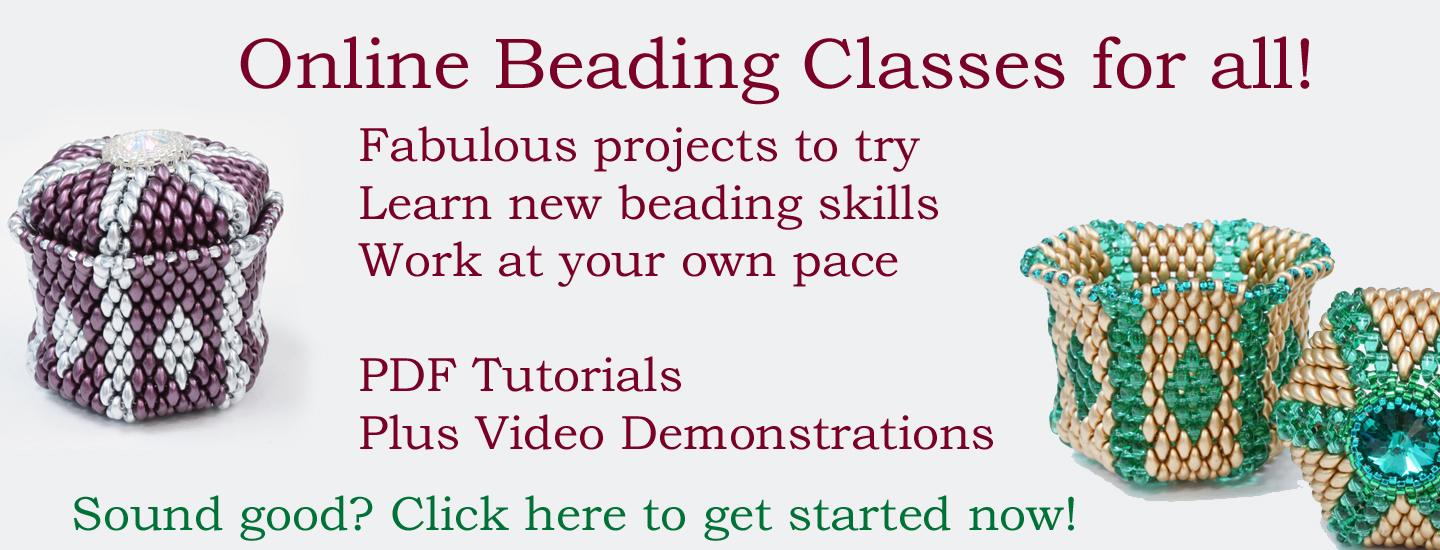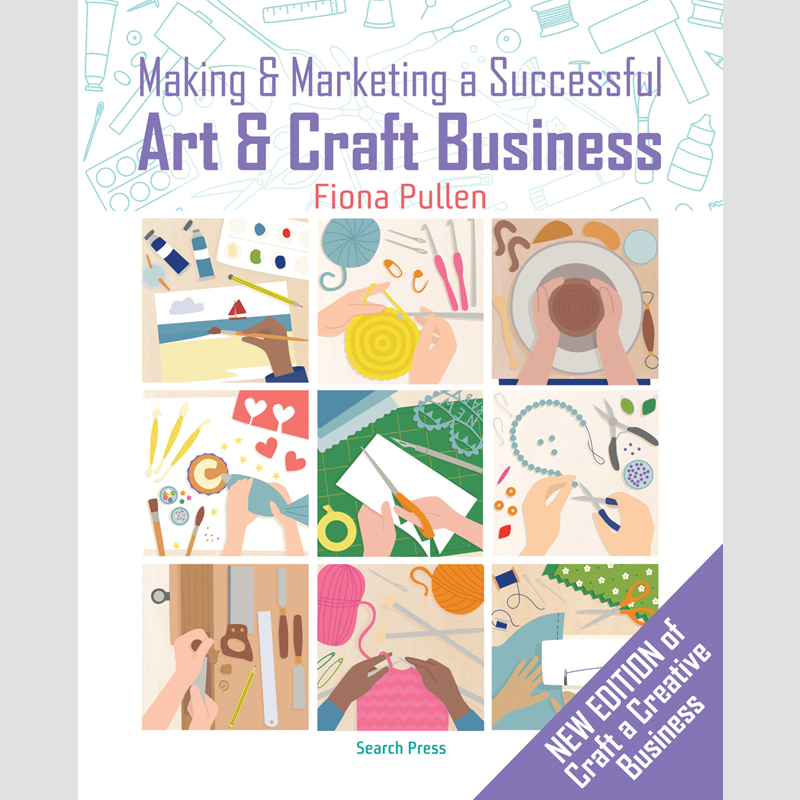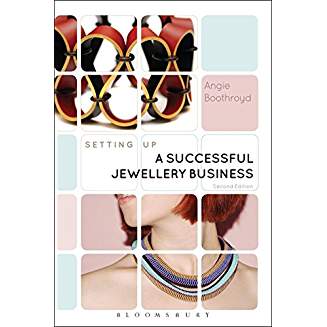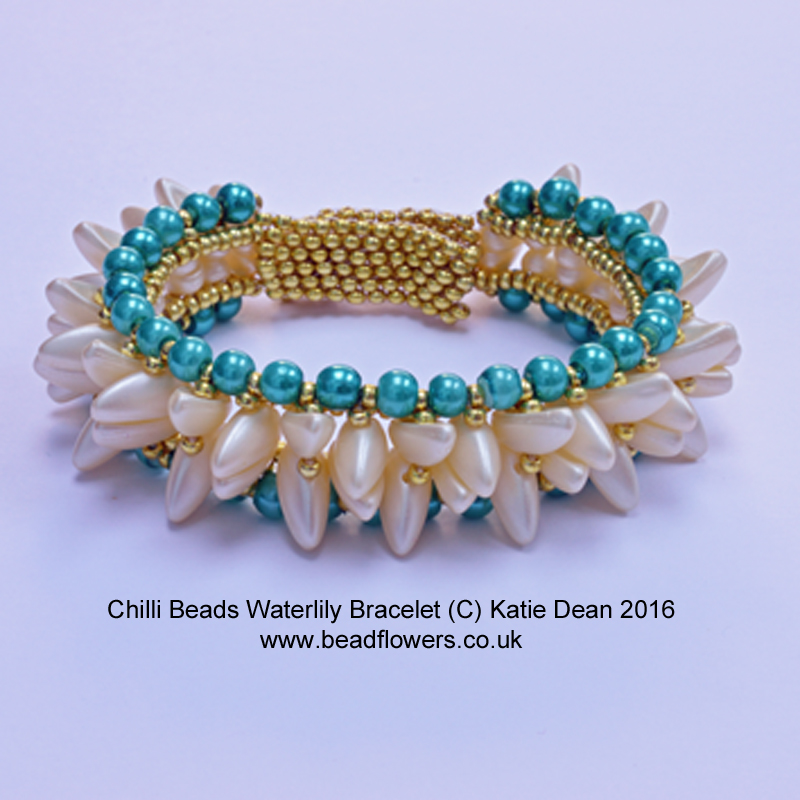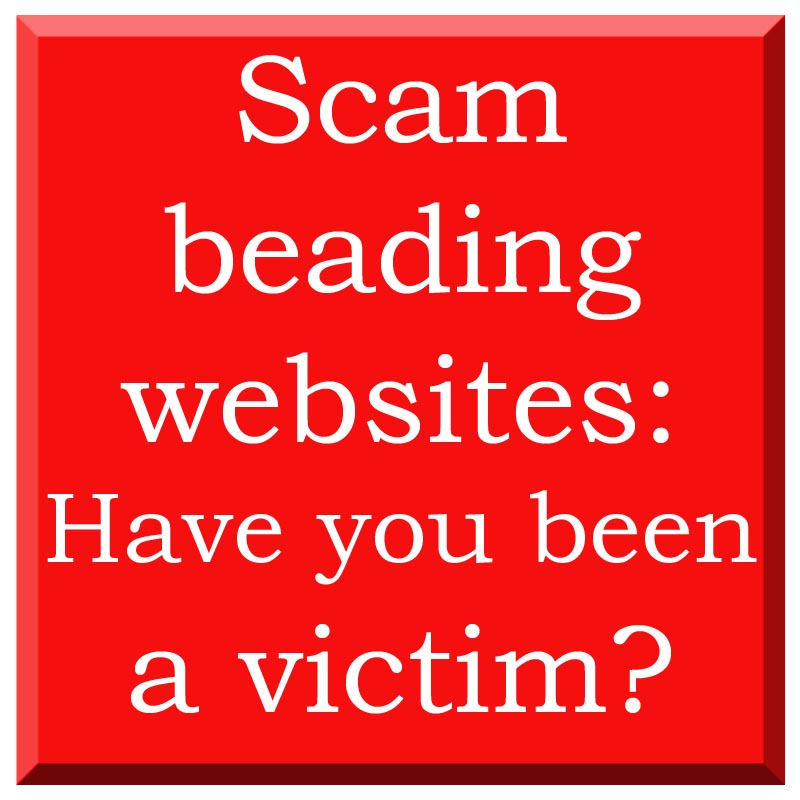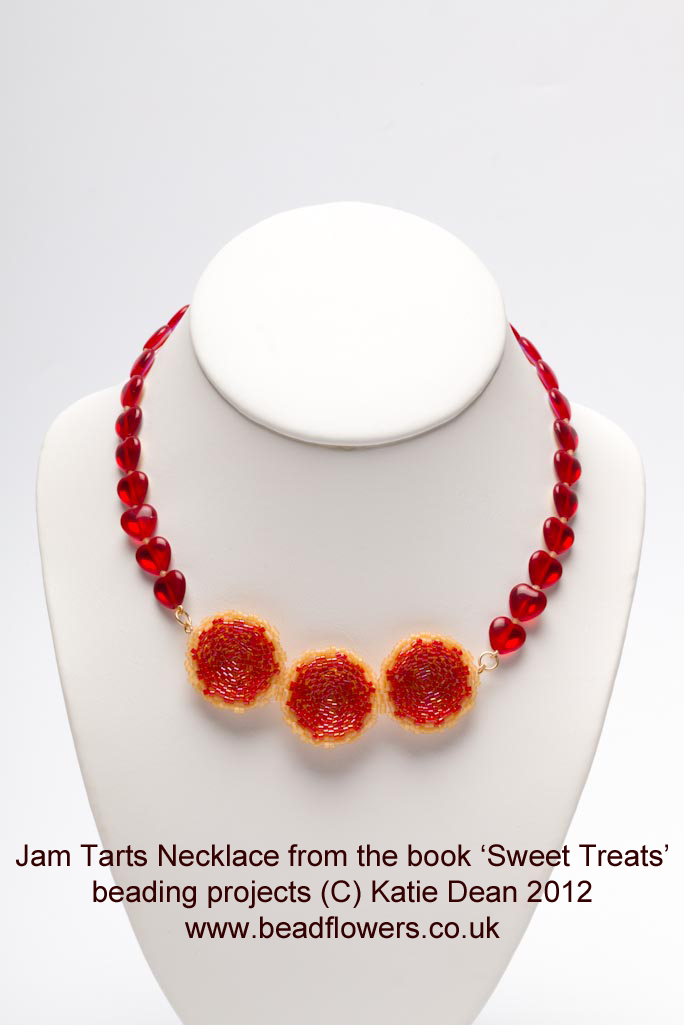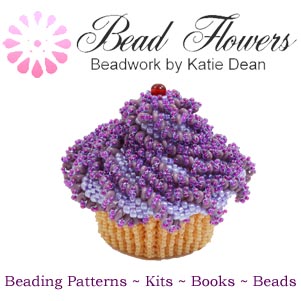Starting a jewelry business…for beginners
I get a lot of people on here asking me about starting a jewelry business. Now, I’ve got a whole section devoted to selling your work. So, that is really the place the you need to be exploring (click here to get started). But, I thought it would be worth giving you a quick overview, so you can decide what areas you want to explore first.
Is starting a jewelry business right for you?
Before you start putting in the hard yards and setting things up, ask yourself this: is a jewelry business really the right thing for you?
People dream of making a living from selling jewelry for all sorts of reasons. And yes, it is a dream to earn money doing something that you love. But consider this…
Turning your hobby into a business is hard work. It can be very demoralising. Most people never actually earn a living wage from selling jewelry. You’re going to find yourself spending at least as much time doing business admin as you spend designing and creating.
So, is this genuinely what you want?
Or, would you actually be happier just making stuff for yourself and sharing that with friends and family?
What shape will your business take?
Even if you are happy with the idea of having to deal with ‘business work’ in addition to the fun creative stuff, think about this…
What is your vision?
- Are you aiming for something that brings you in a full-time income?
- Or, do you just want to sell a few pieces at craft fairs or to friends?
Both those dreams are perfectly valid. But the scope – and your likelihood of achieving them – is vastly different in each case.
If you’re aiming for a full-time income, then you need to bear in mind that this is going to take a long time to build. You need to be thinking about how you’re going to find enough customers to earn ‘serious’ money.
Will you be trying to sell huge quantities at affordable prices? If so, where are you going to find all these hundreds or thousands of customers? Should you be trying to sell wholesale to big retailers? How are you going to physically produce all the stock that you need?
And, although this will all take time to evolve, it’s best if you start planning properly from day one.
If this is more of a ‘side-hustle’, a way of earning a little money to buy beads, it’s a bit simpler. But, there are still serious issues you need to think about…
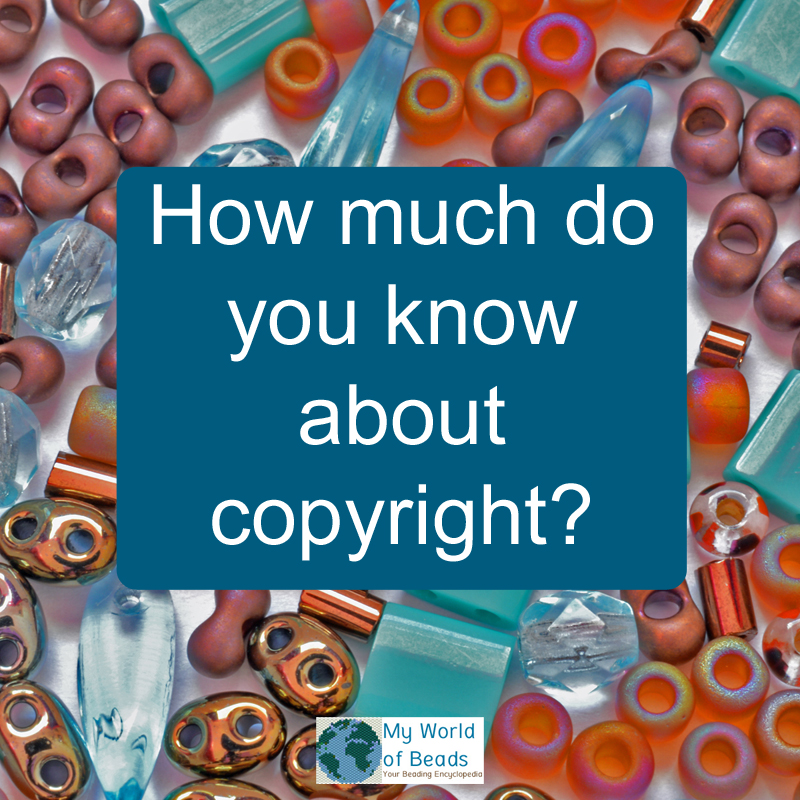
The most important consideration…
Copyright. Most people don’t even give this a second thought. But this is actually one of the first things you need to think about. If you are starting a jewelry business to sell items that you’ve designed yourself, you’re pretty safe.
If you’re wanting to sell jewelry that you’ve made from other people’s patterns, you need to check very carefully. Are you legally allowed to do this? The designer of a piece of work is legally allowed to decide what happens to it. So, unless they have specifically said that they are happy for other people to sell finished items made from their patterns, you cannot sell this type of jewelry. It doesn’t matter that you put in the hours to make it. If it’s not your original design, you DO NOT have the right to sell it.
Now, some patterns may specifically state that items can be sold. They may also attach ‘rules’ to this. For example, you have to credit the designer. You MUST follow those rules.
If you don’t follow this, you’re breaking the law and you will be subject to criminal prosecution.
So, before you start any kind of business, make sure you get the legalities sorted out. You can check out this section on copyright for some initial guidance, but you should also take proper legal advice before you start selling.
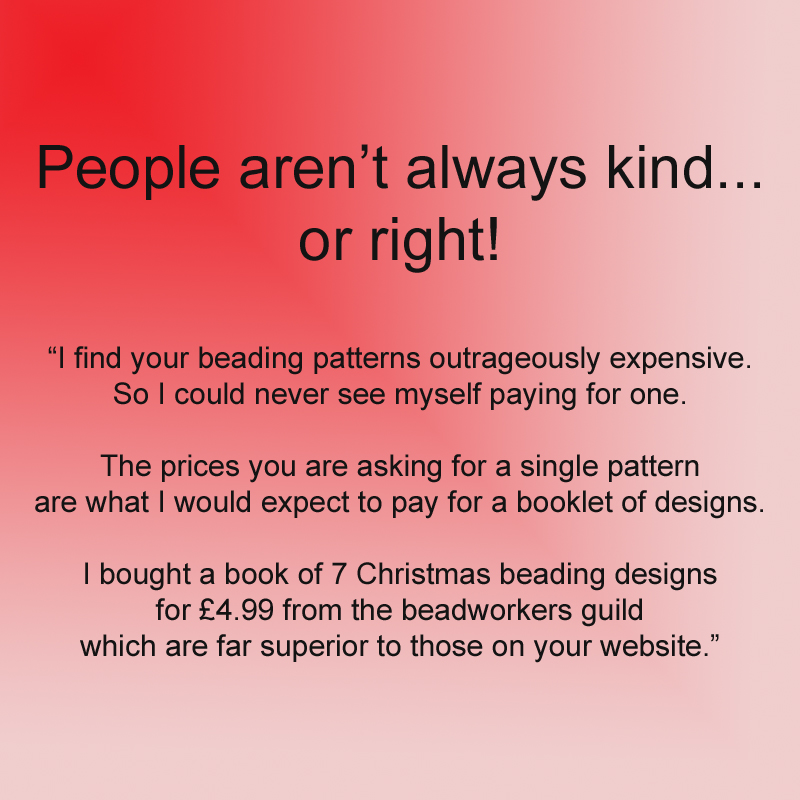
Step 1: Pricing when you’re starting a jewelry business
This is the hardest part of any business. What is the ‘right’ price to charge for your goods?
I think it’s even harder when you’re considering starting a jewelry business. There is certainly a ‘right’ way to price items. I’ve discussed pricing models in this section. So, if you’re trying to set your prices, take a look at all the blog posts there for some guidance.
Here, let me just make a couple of points.
Most people price their work far too low. When you sit down and calculate how many hours you spent making jewelry, plus the cost of materials, then you add on the mark-up to cover any other costs you incur, the resulting figure is often pretty high.
So, what do you do? Charge that price and probably not sell your item? Reduce your price, but then undervalue your work?
It comes back to your motivations, I think. If you’re running a business to earn a living, then you HAVE to make profit on the items you sell. So, that means either you’re going to have to sell items that are really, really cheap to make (remember, you’re competing with a lot of other people here). Or, if your dream is to make designer items, you need to find the right outlet for selling them.
Yes, there are people in the world who appreciate the value of craftsmanship, who will treasure a piece of statement jewelry, and who will pay top dollar for it. But, they probably aren’t hanging out at craft fairs.
Or at least, if they are, it will need to be a ‘high end’ fair where people are there to purchase family heirlooms.
Are you sure you’re happy to sell at a low price?
Before you do what most people do, and say ‘it’s fine, I’ll just reduce my price’, think about these two things.
As customers we tend to value our purchases according to what we paid for them. If I pay $5 for a necklace and it breaks or I lose it, I may not be that upset. So, I probably won’t make too much effort to take care of it. On the other hand, if I paid $500 for that necklace and I lose it, I’m going to be pretty devastated. Which means I’ll treasure that item and really look after it. As the seller, if you spent 50 hours making that necklace, which customer do you want to buy it? If, on the other hand, it only took you 10 minutes to throw together, which customer would you like?
Your actions affect the entire market. So, if you start selling an item that took 50 hours to make and cost a lot of money in materials, for just $5, what impact does that have? You might be quite happy to settle for that, but what message is that sending out? It’s telling the customer that beads are worthless, and that beading techniques have no value and no skill. Is that really what you think of your hobby? Is that the foundation on which you want to be starting a jewelry business?
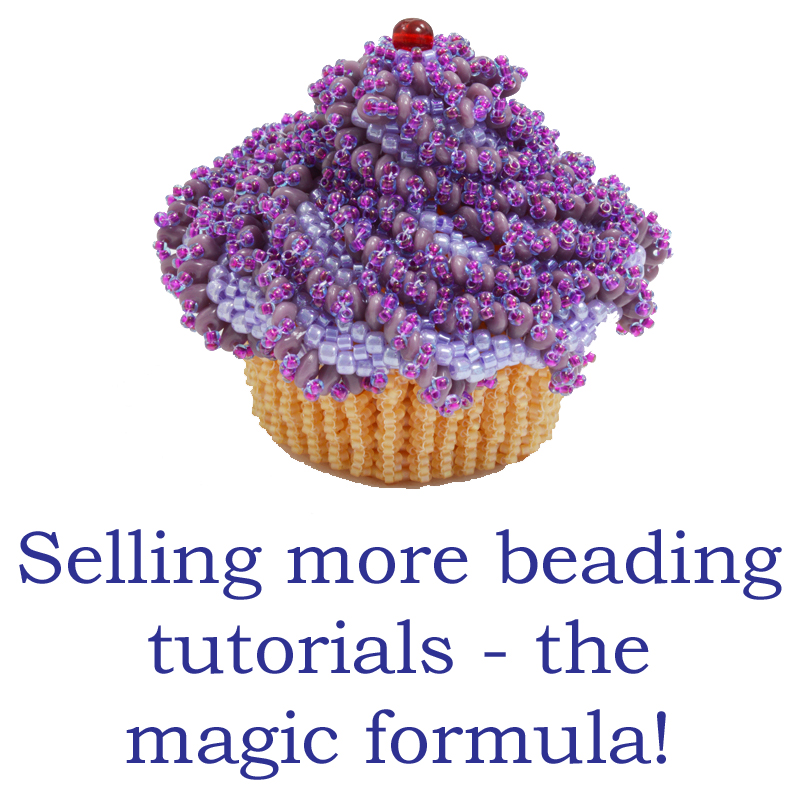
Step 2: finding customers
So, you’ve made your jewelry, you’ve set a fair price. Now, who’s going to buy it?
If you think that old adage ‘make it and people will come’, is right, think again. There is so much jewelry available for sale that nobody needs to ‘hunt it out’. You’ve got ads all over the place telling people, ‘come and buy my jewelry’. So, if you want to sell anything, you need to find the right customers.
And let me emphasise the word ‘right’. It’s not too difficult to find places to sell jewelry. In this section of the website, I’ve got a host of articles looking at options for selling. So, have a browse of that and see which sales outlets will fit your vision.
If you’re making high-end jewelry that you want to sell at a good price, then your local craft fair may not be the best option. You want to be asking yourself, ‘where do customers looking for high end jewelry shop?’ The answer to that question gives you the answer to where you want to sell.
Step 3: marketing
This is linked in with finding your customers. Marketing and branding are how you tell people who you are and why they need your jewelry.
Again, this is a huge area to think about. So, I’ve got a whole section covering different aspects. You can immerse yourself in all of that by using this link.
Step 4: legal and financial
I started out by talking about copyright. There may be other legal considerations you need to take into account. Have you thought about insurance?
What would happen if somebody suffered an injury as a result of using your jewelry and decided to sue you?
You will also need to take some financial advice. You may not need an accountant from day 1, but you will need to keep proper financial records. So, you will have to file a tax return, declaring your income. There may be sales taxes, or other taxes you need to pay. Do you need a business bank account to keep your business finances separate from your personal finances?
That applies for even the smallest individual. It gets more complicated if you’re running a larger business and start employing people.
So, this is another big area to look at. Because the ‘rules’ vary so much from location to location, I haven’t tried to cover any of this on this website. You should consult with professional lawyers and accountants to deal with this side of your business.
How’s your dream of starting a jewelry business looking now?
It was not my intention to stamp upon anyone’s dreams here. If you have a dream, you’re passionate about it, you should absolutely follow it.
All I’m saying is, follow it with your head as well as your heart. Be realistic about what you expect to achieve. (And that doesn’t mean pessimistic…there’s no reason you can’t make a living if you’re determined). And make sure you cover all the angles. So, being able to design and make beautiful jewelry isn’t enough on its own. You are also going to find you become pretty expert in selling, marketing, accounting, and more…
It’s a really fun path to follow, but be under no illusions: it’s not always an easy path!
So, explore the information on this website. Seek help from professionals. And, if you need it, I can offer some personal coaching to help you on your way. Contact me to find out more about that.

